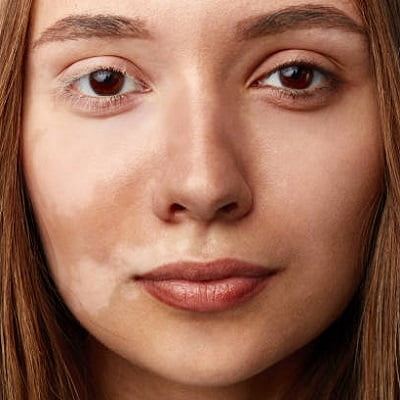
Understanding the nuances between hyperpigmentation in Islamabad and skin tone in skincare and dermatology is crucial for informed and effective skincare practices. While these terms are often used interchangeably, they represent distinct aspects of our skin’s appearance and health.
In this comprehensive blog, we’ll delve into the intricacies of hyperpigmentation and skin tone, unravelling the differences and exploring the factors contributing to each.
To Know About – Hyperpigmentation:
Hyperpigmentation is a common skin condition characterized by darkening some skin regions. This darkening occurs due to the excess production of melanin, the pigment responsible for our skin, hair, and eye colour. Melanin is produced by melanocytes, specialized cells located in the epidermis—the outermost layer of the skin.
Various factors can trigger hyperpigmentation, including:
- Sun Exposure: Prolonged exposure to the sun’s harmful UV rays can stimulate melanin production, leading to dark spots and uneven skin tone.
- Hormonal Changes: Pregnancy, birth control pills, and hormonal fluctuations can influence melanin production, resulting in conditions like melasma.
- Inflammation or Injury: Skin inflammation or injury, such as acne scar, can prompt an overproduction of melanin as the skin heals, leaving behind dark spots.
- Age: As we age, our skin may develop age spots or liver spots, a form of hyperpigmentation caused by cumulative sun exposure.
Understanding Skin Tone:
Skin tone, on the other hand, refers to the natural colour of an individual’s skin. It is determined by the amount and type of melanin in the skin. Human skin tones are broadly categorised into six types according to the Fitzpatrick scale, ranging from very light (Type I) to very dark (Type VI).
Factors influencing skin tone include:
- Genetics: The primary determinant of skin tone is genetics. Different ethnic backgrounds have varying levels and types of melanin, leading to diverse skin tones.
- Sun Exposure: Sun exposure plays a role in influencing skin tone as well. Prolonged exposure to the sun can darken the skin, while lack of disclosure may result in lighter skin.
- Blood Flow and Oxygenation: Blood flow and oxygenation levels can affect the overall colour and vibrancy of the skin.
Distinguishing Between the Two:
While hyperpigmentation and skin tone are related, they are not synonymous. Hyperpigmentation refers to the localized darkening of the skin due to an excess of melanin, often resulting in dark spots, patches, or uneven pigmentation. In contrast, skin tone is the natural colour of the skin, influenced by genetics and external factors like sun exposure.
The Impact of Hyperpigmentation on Skin Tone:
Hyperpigmentation can influence the perception of skin tone. When dark spots or patches form, they create a contrast against the surrounding skin, making the affected areas appear darker than the natural skin tone. It can lead to an uneven complexion and affect an individual’s self-esteem.
Addressing Hyperpigmentation:
Treating hyperpigmentation involves a multifaceted approach, including:
- Sun Protection: Regular use of sunscreen with a high SPF is crucial in preventing further darkening of hyperpigmented areas.
- Topical Treatments: Ingredients like hydroquinone, retinoids, and alpha hydroxy acids can reduce hyperpigmentation by inhibiting melanin production or promoting cell turnover.
- Chemical Peels: Dermatological procedures such as chemical peels can help exfoliate the skin, reducing the appearance of dark spots.
- Laser Therapy: Certain laser treatments can target melanin and break down hyperpigmented areas, promoting more transparent skin.
The Bottom Line!
In conclusion, hyperpigmentation and skin tone are distinct aspects of our skin’s appearance, each influenced by different factors. Hyperpigmentation involves the localised skin darkening due to an excess of melanin. In contrast, skin tone is the natural colour of an individual’s skin influenced by genetics and environmental factors.
Understanding these concepts is crucial for effective skincare and promoting a positive perception of diverse skin tones. As we navigate the complexities of skin care, let us embrace the beauty inherent in the richness and diversity of our skin tones.









